Max Talley’s surreal and disturbing story posits a lone traveler who stumbles into an eerie alternative universe, a quiet utopia, or a slow death trap. Read the entire story for free online at Chantwood Magazine.
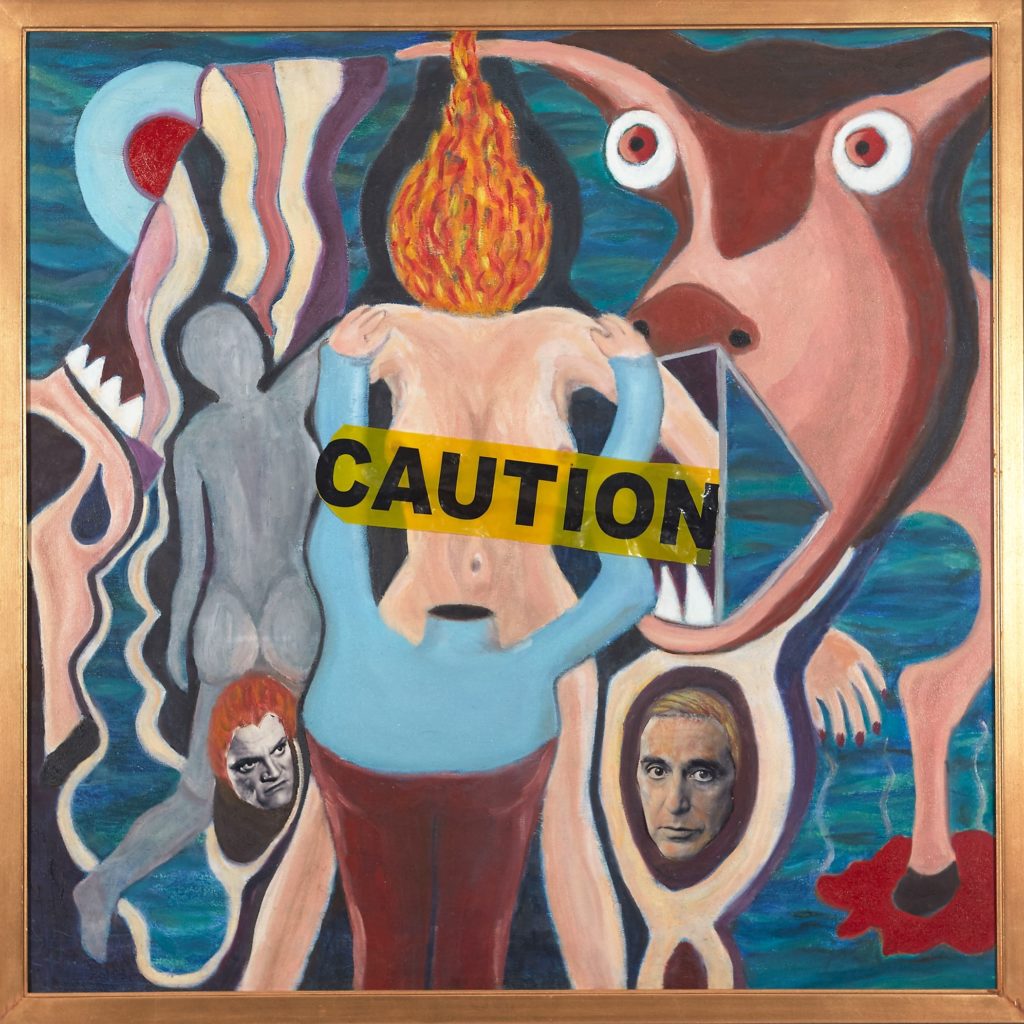

Three Months in Devorah
An Excerpt by Max Devoe Talley, Published in Chantwood Magazine, Issue 3
Journal entry: late July, 2015.
My name is Claude Anderson. The promising European vacation with my girlfriend Amy soon turned ruinous.
Initially, our journey through Spain then France went so well, I invited my good friend Jason, living in London, to join us. We trekked from one small town to the next searching for quaint restaurants to drink wine at long into the night. Familiarity breeds contempt, they say. The effects of imbibing daily caused Amy and Jason to bond, first in telling jokes about me, then by rudely critiquing every gesture and tic built up over my forty-one years. After a week of such traveling, Amy and I no longer shared a bed. By the second week, I suspected she had joined with Jason in a conspiracy of coded words, pantomimed gestures, and secret lovemaking against me.
Finally, in the French town of Banca, I planned to have it out with them over breakfast at our inn. To my surprise, they departed earlier that morning with our rented Citroen, leaving me to pay the bill. I cannot definitely say that they robbed me, but my American Express traveler’s checks no longer sat tucked into my suitcase. All I found was Amy’s bound journal with recent entries torn out. Settling the bill drained most of my cash and I could neither afford to stay longer, nor rent a vehicle. A villager sold me a simple three-speed bike. With water, bread, and cheese in a backpack, I set off toward a downgraded life of poverty and emotional misery.
I emailed friends back in the States about my troubles then asked for a thousand dollar loan. Apparently, similar spam-like hoaxes had landed in their mailboxes, engendering angry replies.
“How dare you hack our friend’s account?”
“Claude would never stoop to this.”
Due to complaints, my email account was frozen.
“If Kurt Vonnegut Jr. and Philip K. Dick had a love child, the result would be “Yesterday We Forget Tomorrow”: a disturbing dystopian future shot through with unconventional wit and humor.” — Matthew J. Pallamary, author of “Land Without Evil” and “Spirit Matters.”
Follow Max’s writing at MaxDevoeTalley.com
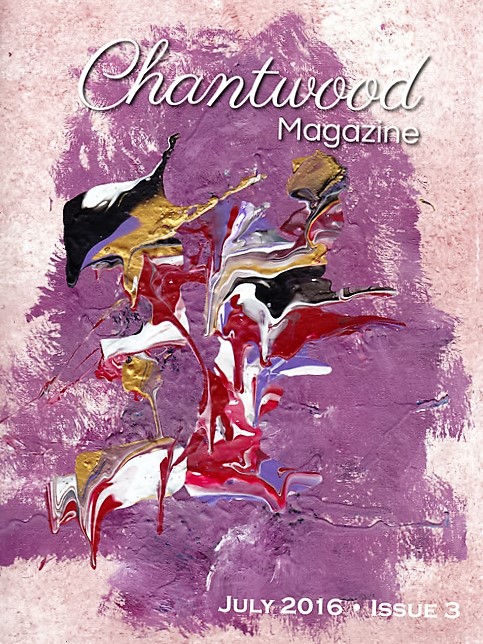

So I traveled by bike, grunting and struggling up country hills then celebrating whenever a downward slope allowed coasting. Crossing over into Basque Country, I pedaled from Aribe to Isaba to Urzainqui to Roncal to Anso to Fago. My Chase debit card got declined in each town, the bank suspecting fraud, and cell phone service remained unavailable to remedy that. The rural natives spoke neither Spanish nor French, but a snarling polyglot. Within days, my meager funds had been spent. My clothes stank, while an unsightly brown and gray beard encrusted my lower face. It is startling how differently people greet strangers who are unshaven, haven’t bathed, and whose pockets aren’t swollen with money.
Villagers averted their eyes, hoping I was a hallucination they could dispel through rigorous ignorance, by callous indifference. I slept in back alleys until shopkeepers drenched me awake with water. A monastery offered shelter, but the Basque monks quickly turned surly and suspicious. Somehow, delirious in the summer heat, I biked high into the borderlands, reaching a lofty mountain road in the Pyrenees. Far below, a verdant valley carpeted by lush trees and bright flowers beckoned with a promise of shade among cooling streams. Instead, for a half-hour I struggled along an exposed, level plateau, realizing this was the end of the line. Movement slowed.
Sometimes in the staggering afternoon sunlight, I’d nod off for a moment, then jolt into awareness when a juddering truck passed nearby. Eventually, a state of semi-consciousness was perfected. My legs pumped steadily while my mind went blank, perhaps rehearsing to cease activity all together.
Maybe the sign with a tilted truck image registered, or maybe not. Regardless, I found myself heading downward as the wheels picked up speed on a steep twisting decline. The brakes shrieked uselessly, barely slowing the bike’s momentum. For a time, a strange haphazard mastery guided my hazardous descent, before a car came into view ahead. The driver panicked, veering this way and that, unsure of my course. I swerved wide to pass around him, then found myself launched over the lip of the road into free-fall, plummeting through space. Upon landing, I rolled, stopped, caught on a tree, slid, dropped further, slowed, then tumbled one last time until there was no farther to fall. After that, I rested in a vague darkness between indifference and oblivion.
***
Claude awoke.
An older man perched at the foot of his bed. “I am Doctor Augur.” The stark white stucco walls of the room suggested either a bland hotel or an infirmary.
“Where did you find me?”
“Outside the Village.” Augur handed Amy’s journal over. “Only thing in your knapsack. Lucky you landed in the base of our valley. Villagers rarely climb the mountains anymore.”
“Where are we?”
“The township of Devorah.”
“How long have you been here, Doctor?”
Augur removed his glasses and rubbed at one eye. “Longer than I first thought, but never long enough.” His hand trembled.
“You speak English well.”
“Most residents do.” He smiled.
“Have I been unconscious for long?”
“You’ve been in and out of a delirium for three days.”
“Really?” Claude stretched his bruised limbs. “I should be fine by the end of the week.”
Augur looked startled, even angry. “Don’t waste precious time. Check-out today and enjoy Devorah. Things will not always be as they are. Civilizations die, cities crumble…” His words trailed off. Hunching his shoulders, Augur wandered from the room mumbling, almost arguing with himself, resembling more an asylum inmate than a doctor.
Claude waited — with no clocks to gauge time, he guessed — for hours. Bored, he dressed himself in the clean tan clothes that lay draped over a chair.
A circular stairwell led down to an empty reception area. Two wide entry doors sat propped open allowing a clear view of the village square.
A large burbling fountain with statues of Neptune and dolphins rose in the center. A juggler tossed maracas into the air beside three musicians played guitars and lutes. Barely-clothed male and female dancers tumbled and gyrated. Intoxicated laughter erupted from a corner pub. The square was festooned with billowing flags of many colors and banners proclaiming an upcoming carnival, while just beneath them, young flushed couples flirted at outdoor cafes.
This is heaven. I must have died, Claude thought. He searched the reception area until he found a small utility knife. Scraping his forearm lightly, a thin line of blood swelled to the surface.
A young nurse came up to him and smiled, slightly shaking her head. “Many people think they are dreaming when they arrive,” she said, daubing the wound with iodine, then pressed a small bandage over it.
“Who are you?”
“A servant of Devorah,” she said. “You’ll see me again, before you leave. Now go enjoy. This is your moment.” She vanished through a swinging door labeled: Private.
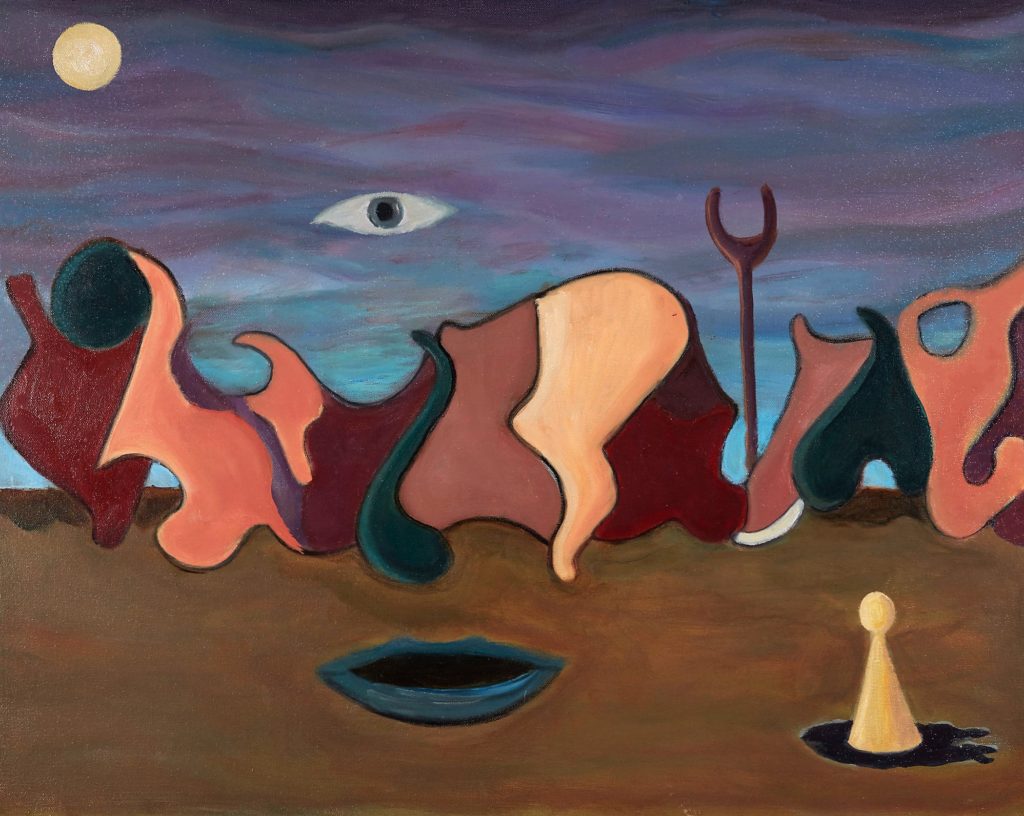

Claude strolled into the square. The midday sun shone down on the fountain water sparkling in the light, while abundant canopies shaded the perimeter where residents strolled or rested on benches and chairs. He sat at a table, listening to the musicians and watching the enticing dancers.
Two women in their late twenties, one a tanned brunette, the other a pale redhead, joined him. They stared expectantly.
Prostitutes, Claude thought. But damn, they are attractive.
“Ladies, I’m sorry to inform you, but I have no money. I just got out…”
“We know,” said the redhead. “Money isn’t used in Devorah. We barter and trade.”
“Once you join a village project, you’ll be rewarded in return.” The brunette stood and let her long, soft hair play against Claude’s face.
“I’m Arabella,” the redhead said.
When she rose into the sunlight, Claude could see through Arabella’s thin cotton blouse. As if reading his mind, she let her fingers circle her left breast. Then the brunette took Arabella by the arm and they walked away laughing.
Probably just a tease. Feeling hungry, Claude asked about work.
A waiter pointed toward the far end of the square. “New projects are posted on that board. You can start in the morning. Here.” He poured iced tea into a glass, then set down the pitcher.
“But I have no–”
“You’ll pay it back in work.” He showed a wry smile. “There is no other way.” The waiter returned with a huge salad topped with sliced eggs, nuts, tomatoes, croutons, and exotic spices.
Perhaps hunger clouded judgment, but the salad was the finest thing Claude had tasted in weeks.
“Waiter, is there a library with internet service?”
“I’m Anton,” he said. “We have no internet. The residents rejected it, claimed it wasted precious time.”
“I had a cell phone.”
“We found only your knapsack, dirty clothes, and the mangled remains of a bicycle.”
“How do you communicate with the outer world?”
“Telegraph.” Anton retrieved Claude’s empty plate. “The office reopens in the morning.”
“Don’t you have electricity, radios, televisions?”
“A generator powers the food freezers. Beyond that, we use gas for heat and our lamps. You’ll need no electronic diversions.”
“How do you get supplies?”
“Trucks make weekly deliveries over the pass. Otherwise, we build what we need.” Anton sighed. “You can still afford to waste time. Take advantage of that rare opportunity.” He departed.
Claude relaxed. The fountain splashed, music played, and dappled sunlight tickled his face until the afternoon heat caused him to doze off.
When he came to, shadows spread long across the square and a dusky blue hung in the sky. Residents moved into doorways while gas lamps illumined the windows above him. The same brunette waited patiently at his side.
“I’m Charmaine,” she said. “Call me Char.” She led him through an alleyway connected to the square, then up three flights of a building. Char opened the suite of two rooms and a kitchen. “You may stay for as long as you wish, or as long as you’re able.” After she prepared a vegetable soup, they ate together.
“What does this place cost?” Claude felt as if a great weight pressed down upon him.
“Shhh,” she said. “Rest. You begin a new life tomorrow.” Char handed him a nightshirt, extinguished the lamp, and tucked him in.
“Where do you sleep?” he asked, already sinking deep into his pillow.
“Not here.” She laughed. Char rubbed her hand over his eyelids until Claude felt swallowed into an inky blackness.
Read the entire story on Chantwood Magazine, Issue 3
Buy Yesterday We Forget Tomorrow, By Max Devoe Talley.
Updated 26 October 2023

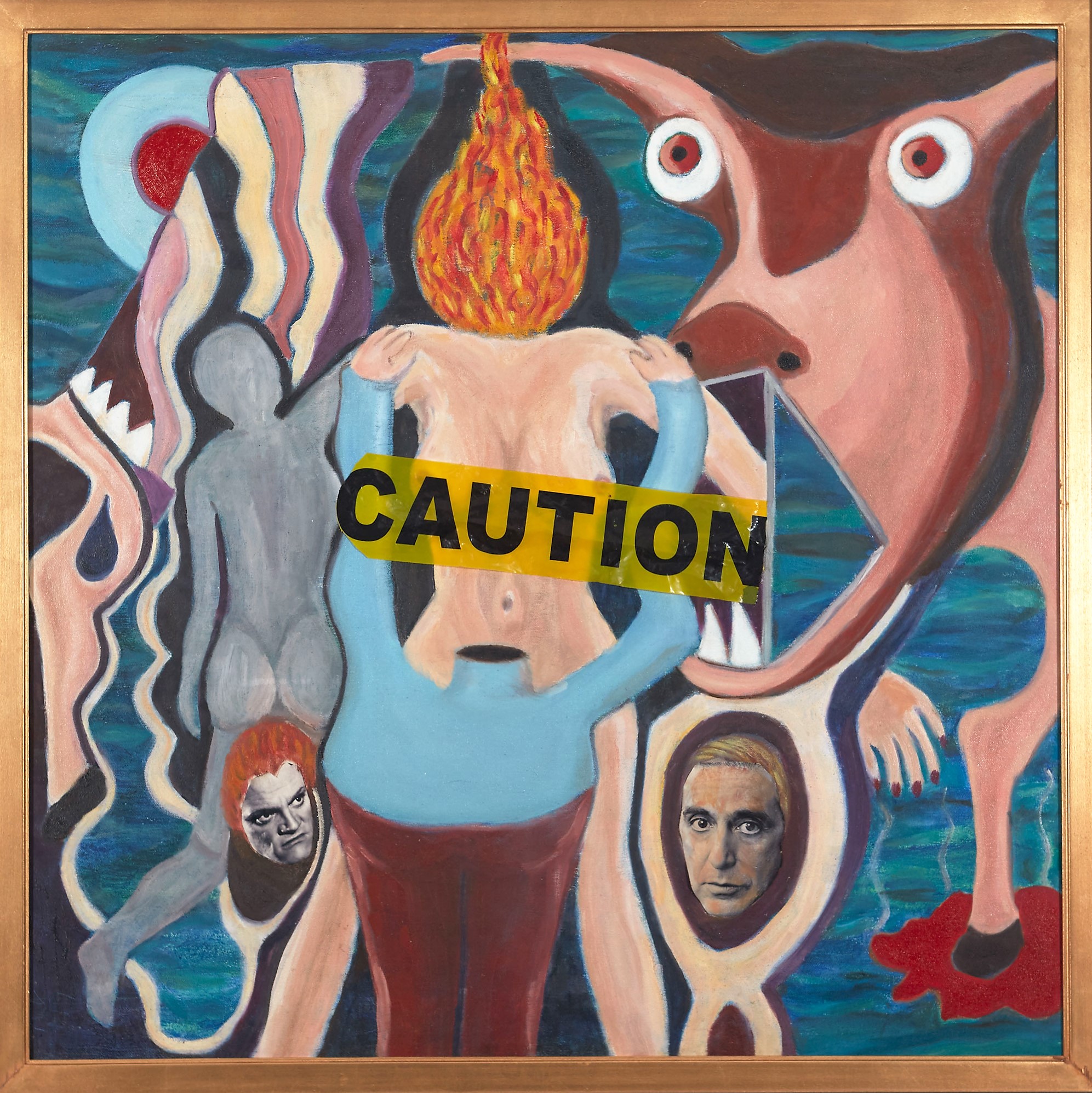


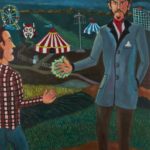
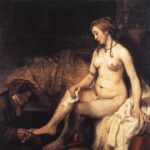
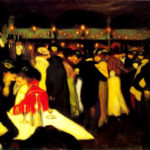
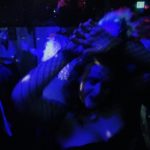

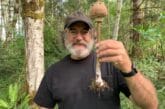
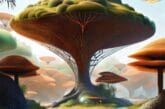



Pingback: Courting Delirium: Max Talley and his Dark Zeitgeist | WilderUtopia